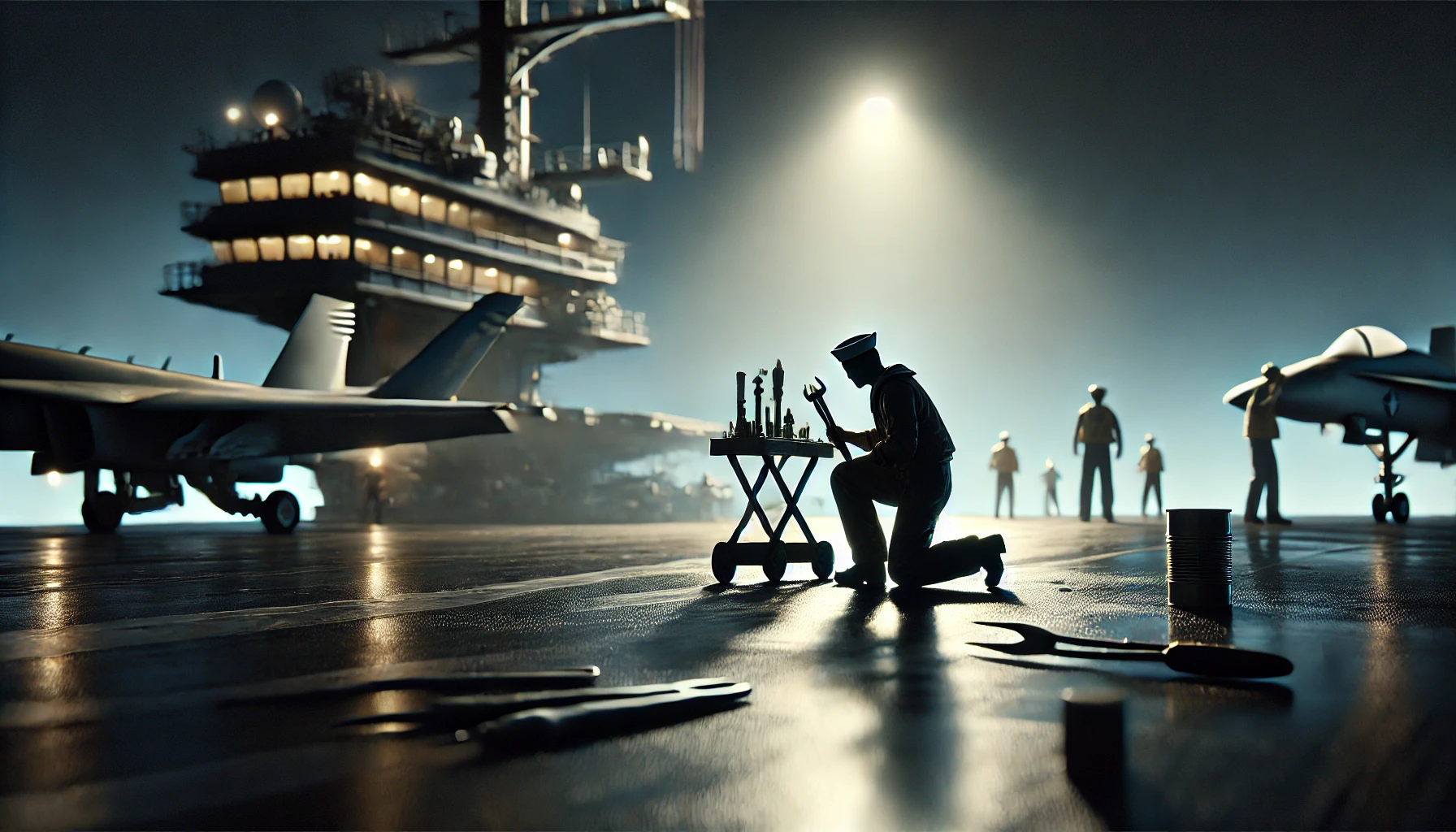During my 11 years in the Navy, I can’t say I was a model sailor by any stretch of the imagination. I wasn’t a total screw-up or a dirtbag, but I definitely had my share of boneheaded moments. Actually, if I’m being honest, I had more than my share. What really saved my ass time and time again was the fact that I was damn good at my job. More than once, I was told—sometimes in rather blunt terms, and even during an Executive Officer’s Inquiry (XOI)—that if it weren’t for my competence and skills, I would have found myself in far deeper trouble.
One particular XOI experience stands out vividly in my memory. The XO, in his typically stern manner, decided to read a passage from Colin Powell’s book. While I don’t recall the exact words, he clearly felt they were relevant to my situation. The rest of the conversation, which was mostly one-sided, involved several pointed remarks about my potential. The XO emphasized that the quality of my work and my talent were as much responsible for me not getting into deeper trouble as the positive support and statements from some key individuals in the command. He warned me that he had roughly 18 months left at the command as XO and then as CO. He made it crystal clear that if I found myself in trouble again, he wouldn’t hesitate to throw the book at me. Ironically, that XOI was one of the few times where what happened wasn’t entirely my fault, but that’s a story for another time.
Throughout my career, I wasn’t afraid to butt heads with the people I worked for. One person I especially clashed with was an AT1 who became my supervisor after I returned from a 22-day leave following the Reagan deployment in 2004. We started off on the wrong foot within the first five minutes of meeting each other. I came back to my position as night shift supervisor, ready to get back to work, and began checking tools like I was supposed to. Suddenly, this guy—who I didn’t even know at the time—started yelling at me. I remember thinking, “Who the hell is this guy?” From that moment on, our relationship was doomed.
This AT1 was an asshole to everyone, but something about me seemed to really get under his skin, and I wasn’t exactly one to back down. I fed into his anger, and it became a vicious cycle. The amount of report chits he wrote on me could have killed a tree. He even tried to send me to rehab for a drinking problem that didn’t exist—well, at least not to the extent he made it out to be. In hindsight, maybe that was the one thing he got right, but he definitely blew it out of proportion.
When the time came for me to leave California, I couldn’t resist getting a bit of payback. I left a VHS tape in his mailbox—one that showed him cheating on his wife. He had already left for deployment, so I knew only his wife would see it. I never did find out what happened after that, but I can only imagine the fallout.
I generally didn’t get along with those who mentored me at first, but over the years, a few key mentors made a lasting impact on me. One of the better mentors was an AT1 who had a knack for reasoning with me when I needed to vent, especially about the AT1 I worked directly under. Then there was a loud and gruff MMCPO who, despite his tough exterior, always spoke to me like a human being and guided me in ways I didn’t fully appreciate until much later. Another influential figure was a SCPO turned MMCPO who just seemed to understand me on a deeper level. He kept me on the right track and even helped set my civilian career on the right foot, despite his reluctance to see me leave the Navy. These individuals, along with many others—both officers and enlisted—left their marks on me in ways I’ll never forget. Some of them I’ll never be able to repay, but their influence has stayed with me throughout my life.
Despite everything, I realize now that I wish I hadn’t left the Navy. The truth is, I didn’t fully appreciate what I had until it was gone.
